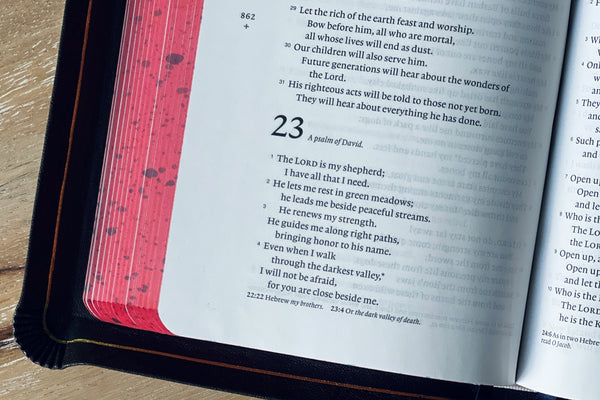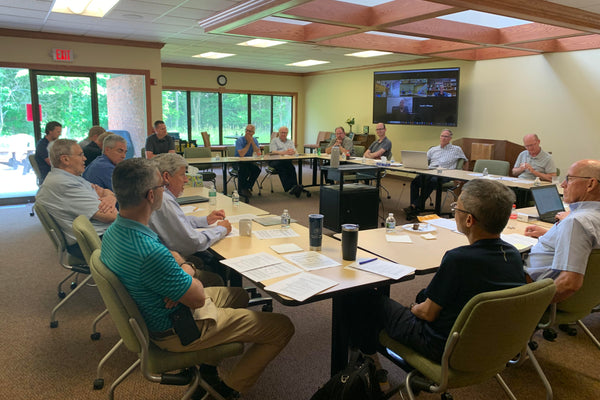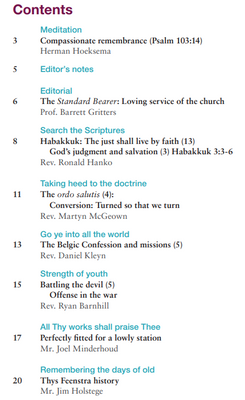Your cart is empty now.
SB July Sneak Peek - The Proper Method of Biblical Interpretation
If the Bible were merely a literary document, we could observe its grammar and historical context and do no more. But the Bible is not merely a literary document; it is God’s Word to His church, inspired by the Holy Spirit. When reading the Bible, the main question that we must ask is, “What is God telling us? What does the Holy Spirit mean by this?”
















